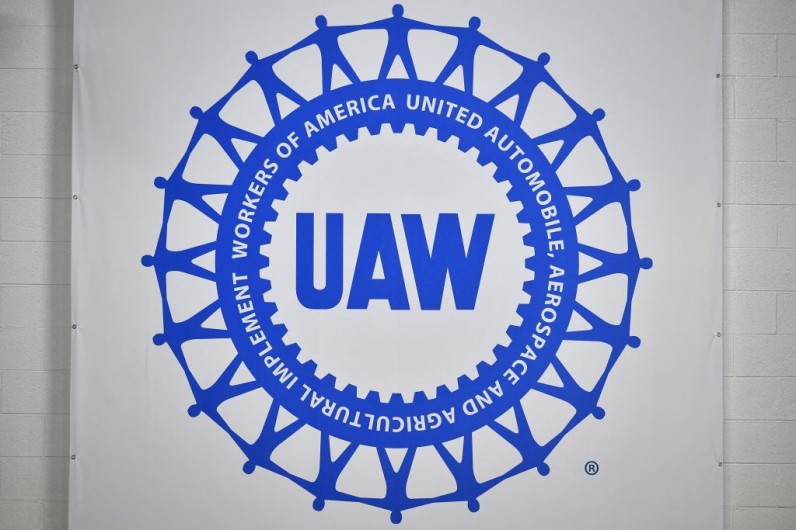
Mercedes has been accused by the United Auto Workers (UAW) of allegedly interfering with a union election at two factories in Alabama. The UAW claims that workers were intimidated and coerced to vote against unionization.
According to Reuters, the labor group has filed an objection with the National Labor Relations Board (NLRB) to secure a new vote. They claim that the company conducted a "unlawful antiunion campaign," which involved disciplinary actions, captive audience meetings, and an overall strategy to coerce and intimidate employees.
UAW Opposes Mercedes-Benz Unionization Vote
One week after the vote, the labor group has filed an objection with the National Labor Relations Board, requesting a new vote, following the decision of Mercedes workers to reject joining the union.
The union alleged that the company has been conducting an aggressive campaign against unionization, involving disciplinary actions, mandatory meetings, and tactics aimed at pressuring and intimidating employees.
More than 2,000 employees at Mercedes have successfully voted in favor of forming a union, despite facing an intense and unlawful anti-union campaign from their employer.
The UAW stated that if Mercedes is held accountable to following the law, workers will win their union in a fair fight. The majority of employees at the Mercedes battery and assembly plants near Tuscaloosa voted against unionization.
The outcome dealt a blow to the union's campaign to organize employees at automotive factories in the southern United States. In a surprising turn of events, the recent loss in Alabama follows a significant win for the UAW at Volkswagen's assembly factory in Chattanooga, Tennessee.
According to the union filing, four employees who supported the union were terminated, while the company permitted employees who were against the union to seek support during work hours, but prohibited pro-union employees from doing the same.
UAW Accuses Mercedes of Union Busting
According to the objection, the company enforced mandatory attendance at captive-audience meetings that discouraged unionization.
Additionally, they displayed anti-union propaganda while prohibiting the distribution of union materials and paraphernalia in non-work areas. The company or its representatives conducted surveys among workers to gauge their support for the union.
According to AP News, they also discouraged workers from voting in favor of the union, implying that it would be pointless. Additionally, the union claims that the company specifically targeted union supporters by subjecting them to drug tests.
The union further alleges that the company deliberately tried to inflame racial tensions by making irrelevant and inflammatory appeals to racial prejudice.
Kayla Blado, a representative from the NLRB, mentioned that the objections will be reviewed by the regional director, who has the authority to order a hearing. According to the speaker, if it is found that the employer's actions had an impact on the election, it is possible that a new election may be mandated.







Join the Conversation